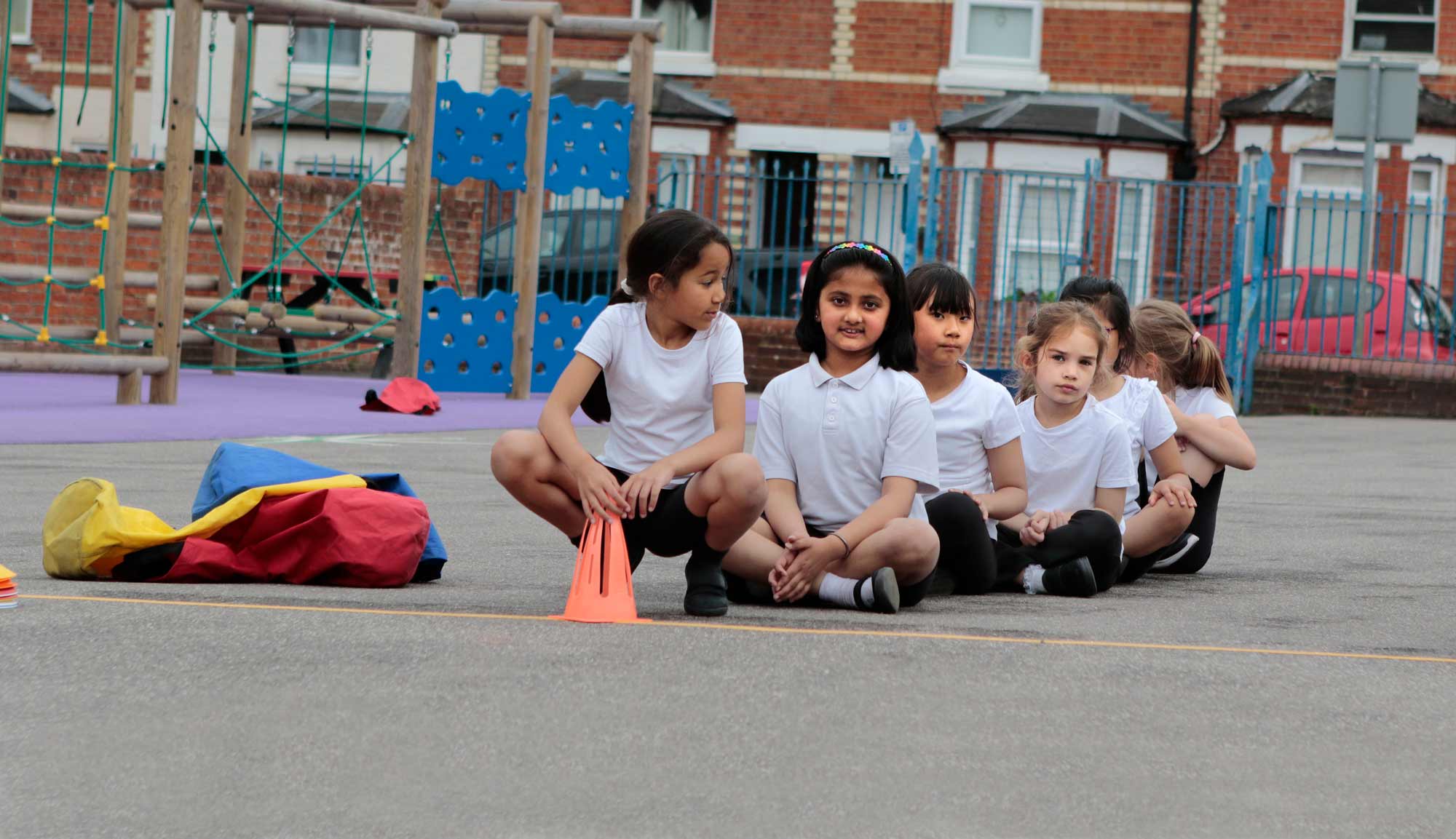History
History allows children to explore how the past and changing accounts of the past have shaped the identities of diverse people, groups and nations at different places in time. Through learning about history, children begin to develop an understanding of their place in the world and how the events of the past have influenced their lives today. At Battle Primary Academy, we want all children to ask questions and develop a critical evidence-based attitude when looking at the events of the past.
Intent
We aim to engage all children with an interest and enthusiasm for the past, and an understanding for how this has shaped the present.
To instill in children a curiosity for the events, places and people of the past.
To have a good understanding of chronology, to be reflected in the curriculum.
To understand and place concurrent historical timelines.
To understand that the past was different and that values and ideas may differ to ours today through sensitive teaching of difficult events.
To develop a critical evidence based attitude when looking at events of the past.
To understand the difference and importance of primary and secondary evidence.
That, where possible, cross curricular links are made to other subjects.
That children enjoy and develop a keen interest in and understanding of the importance of history.
To understand the idea of cause and effect throughout history.
Implementation
The teaching of History will, wherever possible, include links to the local area (or relevant historical events) and other subjects taught, to allow children to contextualise their learning.
Each year, historical skills will be built on from the previous years learning.
At all stages of the curriculum, children will be exposed to a wide range of primary and secondary sources.
New topics will be contextualised in relation to previous historical learning, wherever possible.
Highly quality visuals and teaching resources should always to used.
Visits and exploration of the local area should happen wherever appropriate, to enrich the children’s cultural capital.
Ensuring that questioning and discussion are always at the centre of History teaching.
External expert knowledge (guest speakers, reenactment groups, museums etc) will be maximised wherever possible to provide enrichment to the History units studied.
The school will observe a range of ‘theme days’ and celebrations.
Impact
Children are able to share and reflect on their learning.
Evidence of work will be recorded to show progress and development of the children’s understanding.
Children’s cultural capital will be increased through exposure to ‘theme days’ and celebrations within the school.
Children can identify and explain primary and secondary sources and their purpose.
Children will have a clear understanding of chronology.
Children understand the impact of historical events on the present day, and the impact of present day events on the future.

